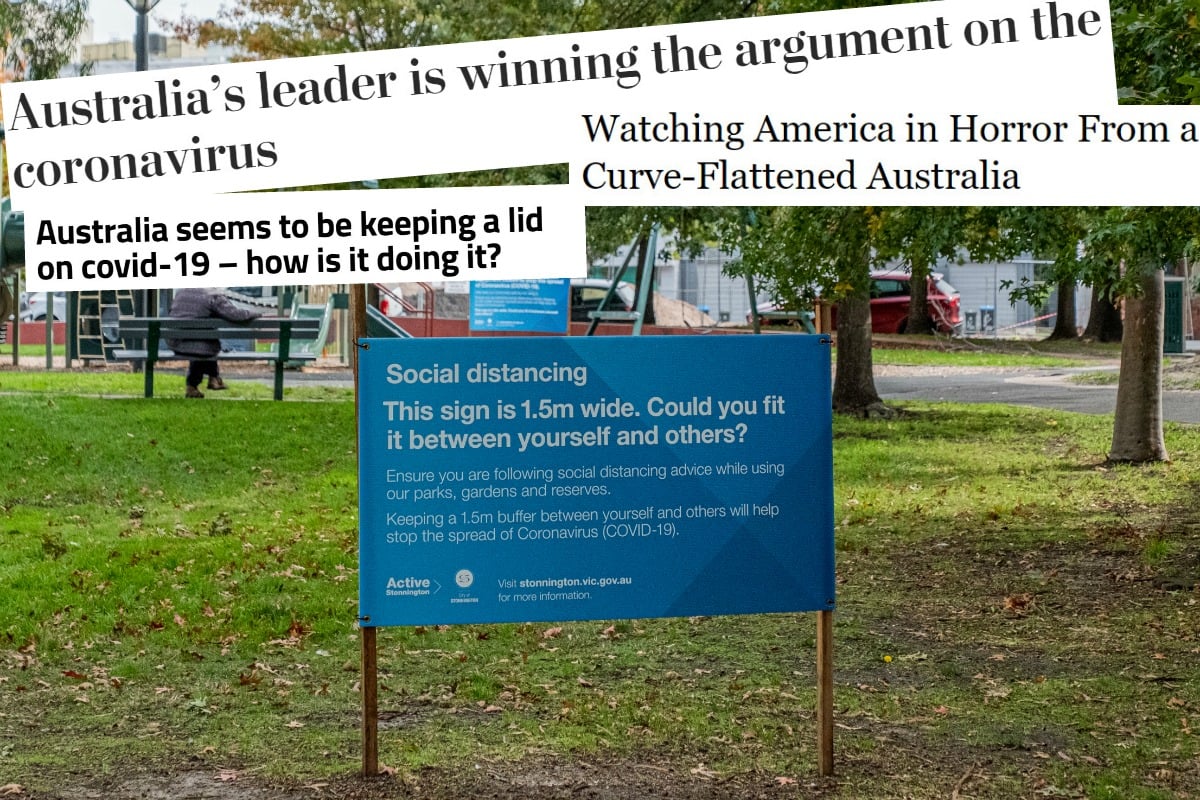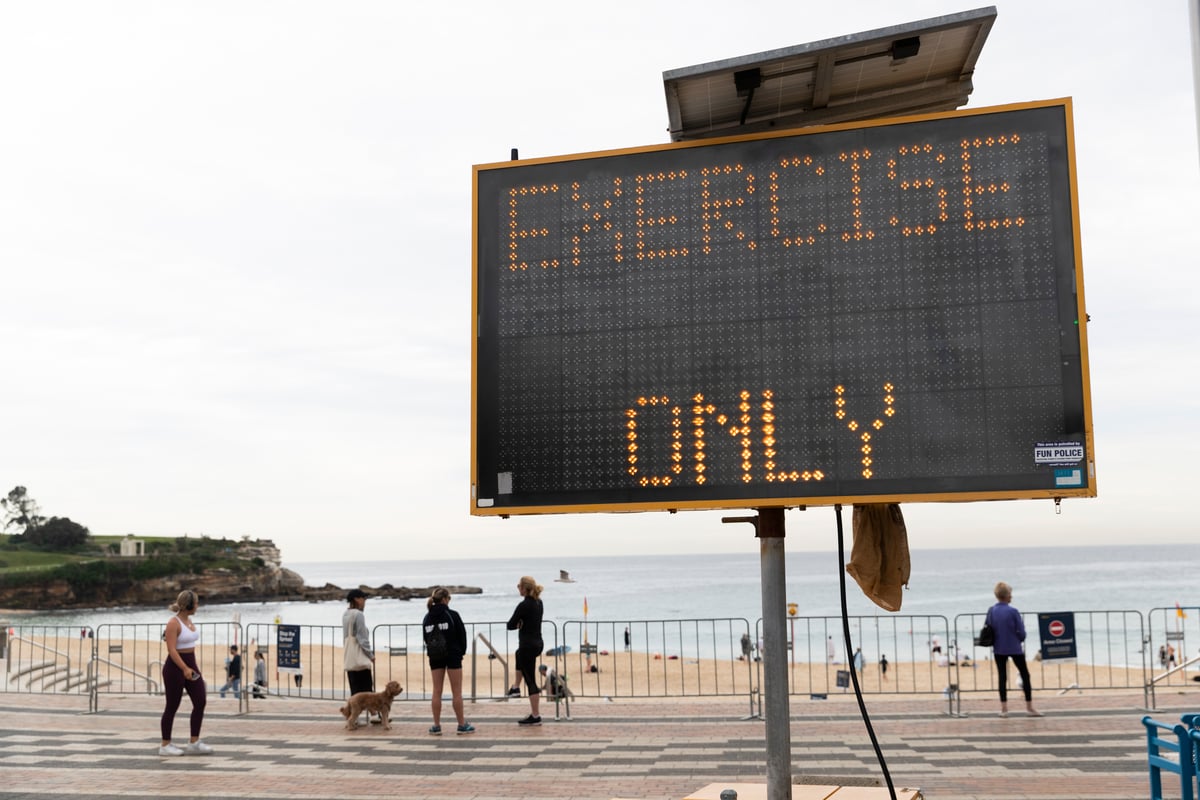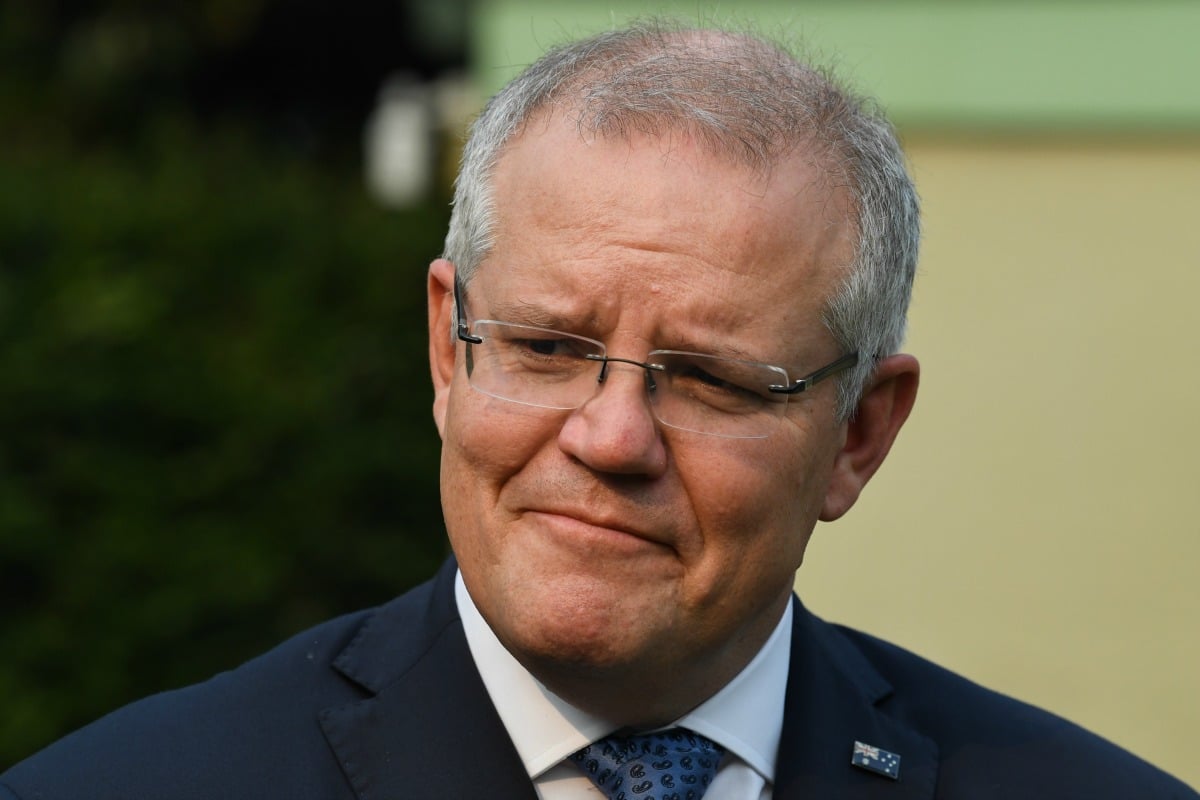
The number of COVID-19 cases across the globe is about to reach three million, with more than 200,000 deaths so far.
When we look to countries like the United States, hours away from marking its millionth coronavirus patient, and Belgium, with 612 deaths per million of its population, it becomes very clear: There are few places around the world we would rather be right now than Australia.
At of 6am AEST on 27 April 2020, there have been 6713 confirmed cases of COVID-19 in Australia, with only 10 new cases recorded since Sunday morning.
Watch: The Project host Waleed Aly’s COVID-19 monologue. Post continues below video.
Australia’s death toll stands at 83, and while any death is a tragedy, that number is small compared to the devastating figures coming out of places like the United States, Italy and Spain.
As countries across the world struggle to flatten their curve, many are looking to Australia for a story of hope among the despair and uncertainty.
On April 24, New York Times‘ Australia bureau chief Damien Cave published an article titled ‘Vanquish the Virus? Australia and New Zealand Aim to Show the Way’, highlighting the two nations as leaders in the fight against the virus and the ability for leaders to put politics aside – a major contrast to the United States right now.


